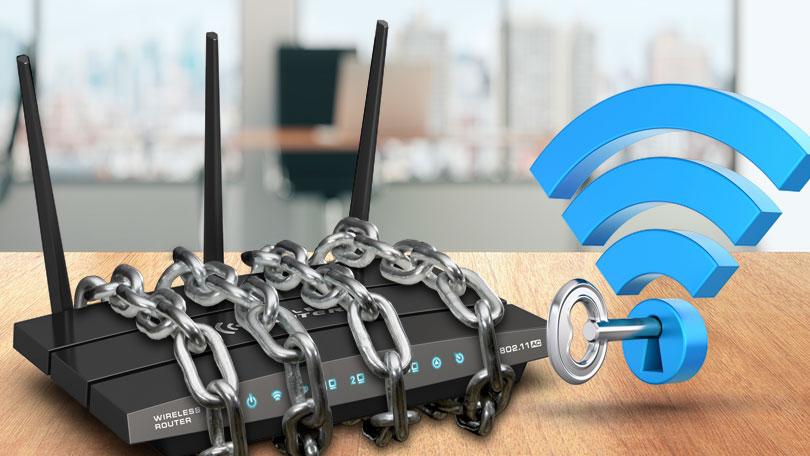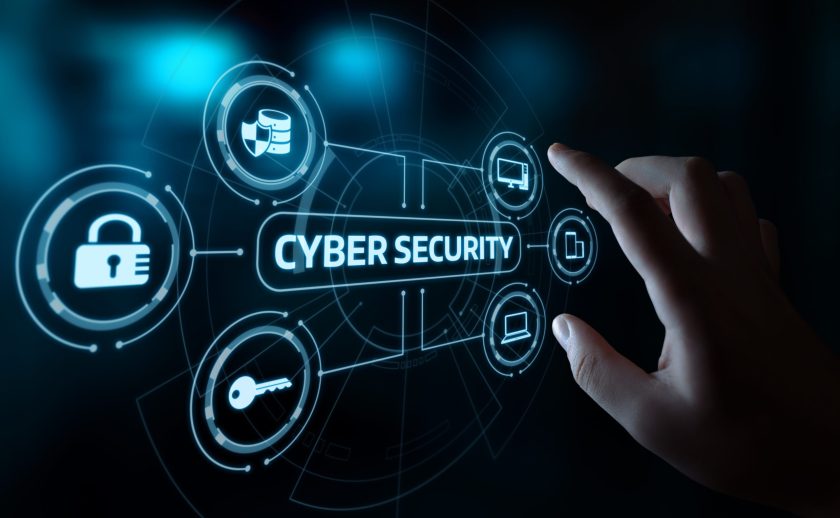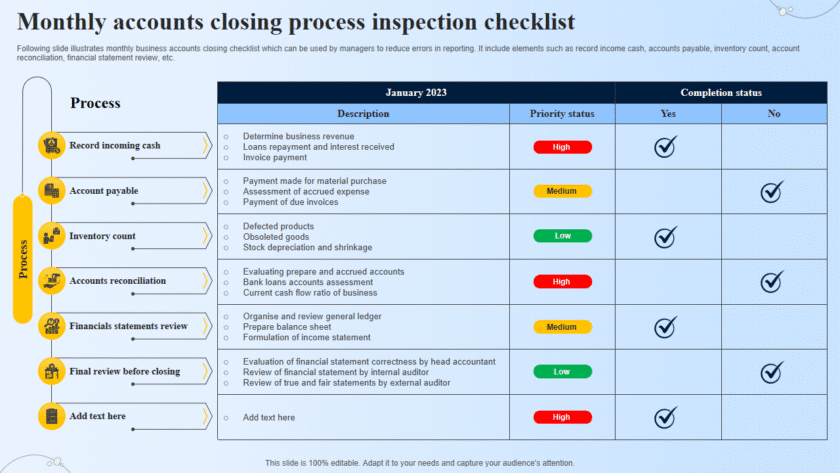The Dangers of Using Public Wi-Fi Without Protection
Free Wi-Fi at airports, cafés, hotels, or shopping malls feels like a blessing when you’re on the go. But behind the convenience lies one of the biggest cybersecurity risks. Public Wi-Fi networks are often unencrypted and unsecured, making it easy for cybercriminals to spy on your online activities.
If you’re not careful, that “free connection” could cost you your privacy, money, and sensitive information.
1. Hackers Can Intercept Your Data
Public Wi-Fi often lacks encryption. This means any data you send — emails, passwords, banking details — could be intercepted by hackers.
This attack is known as “packet sniffing” or a man-in-the-middle (MITM) attack.
2. Fake Wi-Fi Hotspots
Cybercriminals can set up fake Wi-Fi networks with names like “Free_Airport_WiFi” or “Coffee_Shop_Guest”. If you connect, they can monitor everything you do — even steal login details and financial information.
3. Risk of Malware Infection
Hackers can exploit unsecured networks to inject malware into your device. Once infected, malware can:
- Steal sensitive files
- Spy on your keystrokes
- Take control of your system
4. Identity Theft and Financial Fraud
Accessing social media, email, or online banking on public Wi-Fi without protection gives hackers a chance to collect enough information to steal your identity or commit financial fraud.
5. Data Theft from File Sharing
If file sharing or AirDrop is enabled on your device, hackers on the same network can directly access your files and steal data without you knowing.
✅ How to Stay Safe on Public Wi-Fi
- Use a VPN – A Virtual Private Network encrypts your internet traffic, making it unreadable to hackers.
- Turn Off File Sharing – Disable sharing options and keep your firewall on.
- Use HTTPS Websites – Look for the lock icon in your browser before entering sensitive information.
- Avoid Banking or Shopping – Save financial transactions for secure, private connections.
- Keep Your Device Updated – Regular updates patch vulnerabilities hackers might exploit.
- Use Mobile Data When Possible – A personal hotspot is always safer than public Wi-Fi.
🎯 Conclusion
Public Wi-Fi is convenient, but it’s also one of the easiest ways for hackers to target unsuspecting users. By using a VPN, avoiding sensitive transactions, and keeping your device secure, you can enjoy connectivity without sacrificing your privacy.
Stay smart, stay protected — free Wi-Fi is never really free.






